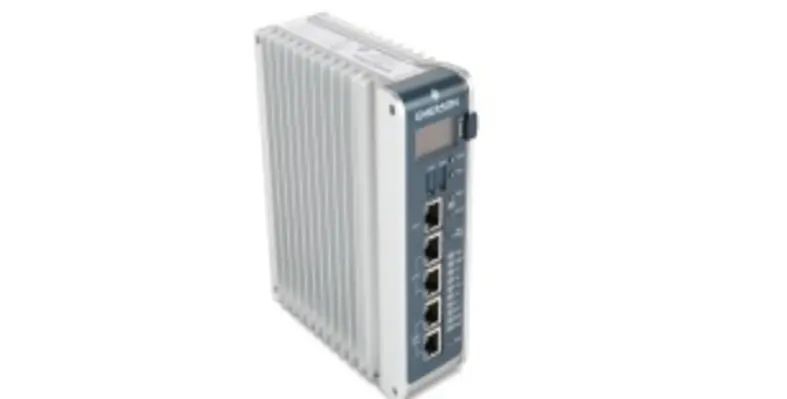Over the last couple years, industry professionals in manufacturing applications from automotive to packaging and food & beverage have come face-to-face with the reality of computing at the edge
Industrial edge devices are changing the traditional control loop that?s been in place for over fifty years ? collect your inputs, run your logic and execute your outputs.
Today, plant operators need to find ways to incorporate the results of analytics into process optimisation that can happen outside of the normal control loop. Traditional edge devices collect, process and communicate data locally. However, rapid advancement in edge computing has driven the development of a new generation of edge controllers capable of outcome optimisation.
These next-generation controllers provide a critical link between what the traditional control system can do and the rich set of information available at the plant, enterprise and even the ecosystem level that can be automatically incorporated into the day-to-day control decisions.
As Rich Carpenter, general manager of product management, machine automation solutions at Emerson, said, ?The edge of the Industrial Internet is really the logic controllers, no matter how you look at it. So, we have had to rethink and reimagine what it means to be a controller.?
Because traditional control systems are self-contained and operate on a simple closed loop, they?re inadequate to serve the needs of today?s edge computing. These new outcome optimising controllers connect traditional logic controllers and pool local streams of data for processing and analysis. Not all data needs to be sent to the cloud. Efficient data processing starts at the machine level.
Much of the excitement about these new edge controllers springs from the fact that they enable modern programming languages such as C/C++, Python and Java as well as emerging IoT solutions like Node-RED that can be used to apply complex optimisation algorithms, analytics and visualisation to operations close to the source of data without impacting the standard control process. This fact makes way for the industrial app economy, allowing programmers to create their own bespoke applications.
According to Vibhoosh Gupta, senior product manager, machine automation solutions at Emerson, ?As industrial machines come online, they rely more and more on apps just as we do in consumer technology. Outcome optimising controllers permit the new generation of programmers to drive computing at the edge.?
For more information, click here.
If you wish to join the Emerson community and receive info on the next initiatives, please subscribe here









